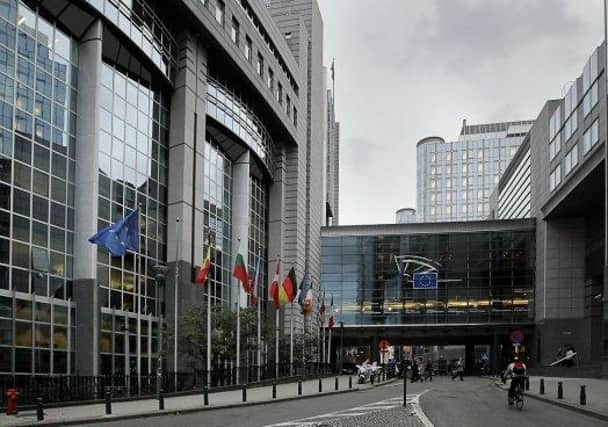Black sea grain deal extended for 60 days


Some 30.3 million tonnes of grain and foodstuffs has been exported from Ukraine under the Black Sea deal, including 625,000 tonnes in World Food Programme vessels for aid operations in Afghanistan, Ethiopia, Kenya, Somalia and Yemen.
Reports suggest that Russia may not agree to a further extension if action is not taken to unblock restrictions it says are in place on exports of grain and fertiliser. While Russian exports of food and fertiliser are not subject to sanctions imposed following the February 2022 invasion of Ukraine, Moscow says restrictions on payments, logistics and insurance have amounted to a barrier to shipments.
Advertisement
Advertisement
Member States protest aid for countries impacted by Ukrainian imports
A group of 12 Member States, led by France, have complained to the Commission about the lack of consultation on the regulation adopted on 2 May introducing preventive measures on grain and oilseeds imported into the EU from Ukraine.
In addition to the absence of process, the 12 countries are concerned about the impact on the EU’s single market and the EU’s obligations to war ravaged Ukraine under the EU’s Association Agreement with that country.
The 12 Member States are also seeking information from the Commission on the criteria used to determine the amount and distribution of the €100 million aid package to Poland, Hungary, Romania, Bulgaria and Slovakia.
EFSA avian influenza report
Advertisement
Advertisement
The European Food Safety Authority (EFSA) has published its latest overview of avian influenza.
Between 2 March and 28 April 2023, 106 cases of HPAI were detected in domestic birds, and 610 cases in wild birds across 24 European countries. Outbreaks have been occurring less frequently compared to earlier in the year and this time in 2022. The black-headed gull remains the most heavily affected bird and there are concerns that the risk of infection for poultry may increase as first year gulls leave their breeding colonies. Infection is also expanding in mammals. The risk of infection for the general population remains low in Europe, and low to moderate for occupationally or exposed people.
Industry letter on Framework for Sustainable Food Systems
31 industry groups have written to the Commission regarding the upcoming Framework for Sustainable Food Systems – a cornerstone of the Green Deal that aims to accelerate the transition to more sustainable food systems.
A range of policy measures could be proposed including sustainability labelling, mandatory minimum standards, and more sustainable public procurement. A legislative proposal could be made by the end of the year. The letter outlines that the definition of sustainability is vague. The author’s ask for greater involvement in the initiative and better transparency.